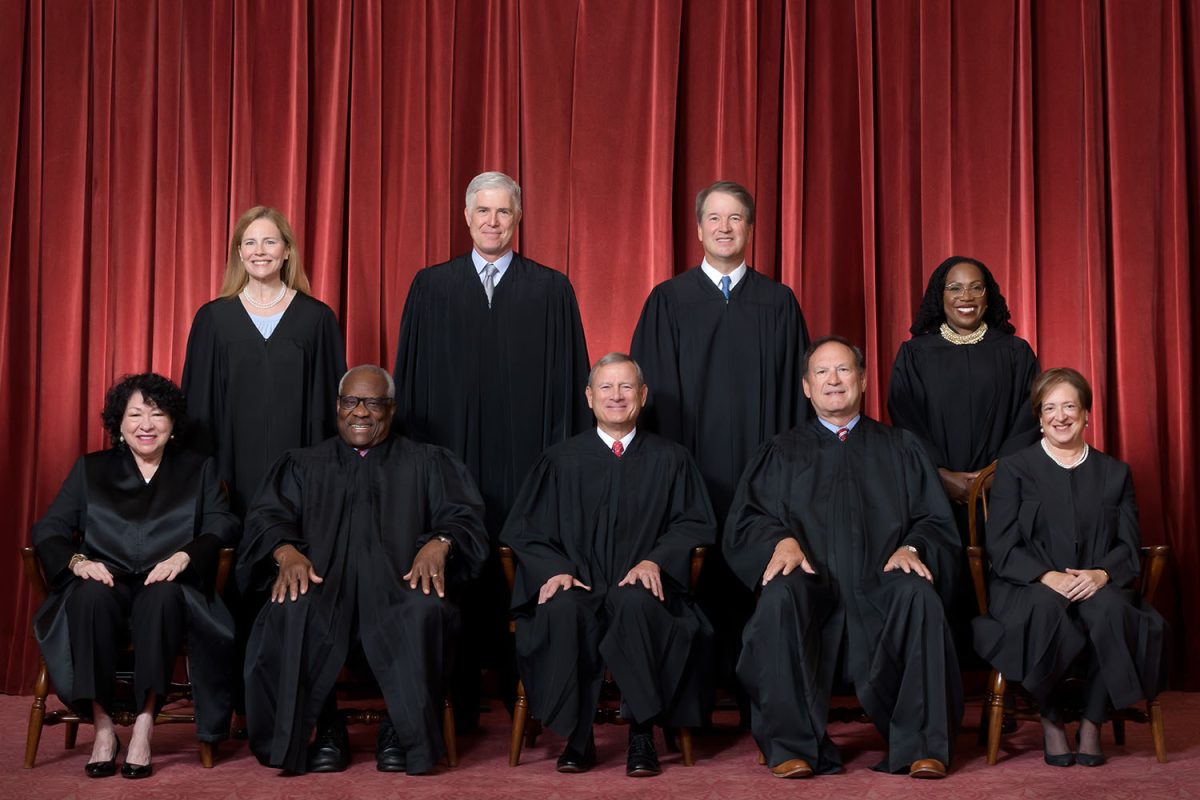By Micah Bowman
In an era of such political divide, one thing seemed to unite both the left and the right: a disastrous, spectacularly patronizing Pepsi commercial.
There was outcry from the right of the American political spectrum for the reasons you would expect, as the ad seemed to be an attack on the current presidential administration. The left, which was likely the target audience of the ad, seemed to have an even more visceral reaction.
The basis of the ad was Kendall Jenner leading a protest and calming tension between protesters and police by offering a can of cool, crisp, refreshing Pepsi to a police officer. While young Millennials and Gen-Xers might “like protesting” and enjoy reading about the misadventures of untalented celebrities, many of us felt as though Pepsi was simply trying to pander to us. The ambiguous nature of the protest (there was no discernible message) was evidence enough that Pepsi was not ready to commit to making any sort of stance or real substantive message. One of the greatest lessons for anyone who works in public relations is that if you decide to publish a risky message, you cannot go into it without being fully committed.
It all boils down to one central fact: America’s youth are tired of being pandered and sold to.
The Pepsi ad was not more than a succinct example. The entire advertising world has been trying, desperately, to sell their products to a growing demographic of the American consumer class. Millennials and Gen-Xers have been exposed to advertising almost every moment of their lives, and advertisements are becoming ever more intrusive with pop-ups and algorithms that tailor advertising to specific users. If you google “pens,” eventually you will see ads on websites for the selling of those pens.
The advertising world has been trying desperately to avoid the one tactic that actually does work in selling to millennials. Young consumers value affordability, utility, product sustainability and durability more than a clever ad, especially when reviews on Amazon can profile a product in its entirety. If they don’t like Pepsi, Kendall Jenner leading an ambiguous protest giving a Pepsi to a police officer won’t convince them to drink it. The growth of clothing outfitters such as American Giant and Chrome Industries which don’t market as aggressively as other brands (and tout lines that are primarily made in the USA) is indicative of this trend.
Perhaps even more concerning than our cynicism when it comes to advertised products is our cynicism in politics. Young voter turnout in 2016 has been blamed, in part, for Donald Trump’s victory. However, very little effort was made to genuinely win the support of the younger voting block. Hillary Clinton’s campaign announcement ad received criticism from multiple sects of the political spectrum for its gratuitous ambiguity.
Of all the major candidates for the presidency, Only Bernie Sanders pushed free college education as a major part of his platform, and he was accordingly rewarded with the support of America’s youth. Other issues, such as rising rent and housing prices, have also been glossed over by both sides of the aisle. While Bernie Sanders was not the most pragmatic choice of candidate, both parties can learn from his example of offering tangible policy solutions to the problems millennials face.
Politicians and advertisers simply must do better to appeal to young Americans. Advertisements which try to sell products with clearly patronizing subliminal messaging will not fare well, and politicians who rely exclusively on social progressivism rather than substantive economic policy for Millennials will fail to garner support at the voting booth. Advertisers and the political establishment are going to have to learn to respect their targets’ intelligence if they are going to want to find success.






